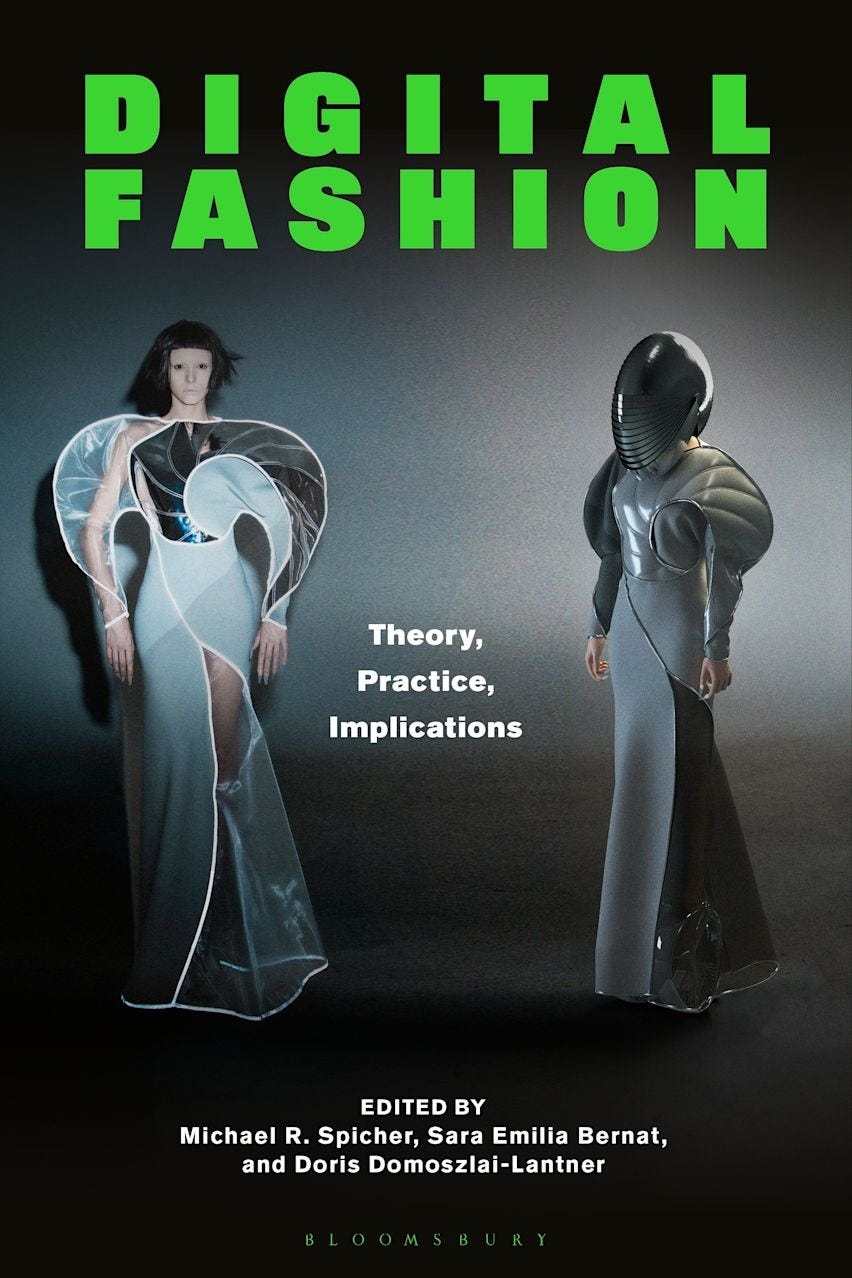When The Matrix first appeared in 1999, it felt shocking to many people that computers were not merely manipulating us but using our bodies like batteries. It was a visceral moment in cinema. But it was only the workings of fiction. Or was it?
The unsettling premise of The Matrix—machines using humans as a resource—may seem far-fetched, but it reflects deeper concerns about how technology shapes our world and our role within it. If we want to understand and respond to these forces, we must start by questioning everything.
The Power of Questioning
While Albert Einstein (thanks to various memes) is alleged to have said this pithy statement—"Question Everything."—there isn’t evidence that he actually said it. But he emphasized the importance of asking questions. We have become a bit too cynical when it comes to asking questions, as if when a question is asked it must reveal a belief about the questioner, especially about contentious social or political topics.
Philosopher Martin Heidegger had a different understanding of questions. In his famous 1954 essay, “The Question Concerning Technology,” he explains in the first paragraph that questioning is a creative act; it “builds a way.” To further explain, he writes: “We would be advised, therefore, above all to pay heed to the way, and not to fix our attention on isolated sentences and topics.” It’s through the free act of questioning that we uncover new understandings, which is what he proposes to help us do in that essay about technology.
He claims that the two most common explanations of technology are that it is a means to an end or a human activity. He proceeds to explain why neither of these alternatives is complete. Let’s look at social media as an example. We can see that it is a means to an end because it aids us in staying in touch with our community and also forging new relationships. But it is also enjoyable for its own sake as an activity of learning, laughing, and playing. Is that all that happens with social media?
While many sites now have subscriptions to enhance your experience and exposure, they are almost always free. Only giving something away for free seems like a bad business model. How do these companies make money? What are they selling? Heidegger suggested an answer about 75 years ago.
He discusses earlier technology. For example, a windmill would turn in the wind to create energy. If the wind stopped, so would the benefit. Then, Heidegger says we began to extract energy from the natural world, not to use but to store in a standing-reserve. But modern technology takes this idea even further. People become the standing-reserve in the service of technology, especially as AI uses our data to learn and predict. Heidegger explains: “The current talk about human resources, about the supply of patients for a clinic, gives evidence of this.”
Creativity as Resistance
While people would offer different perspectives, one thing seems essential. Our creativity is important for our humanity. It’s how we solve practical problems, how we create beauty, and how we find new ways to enjoy life. But Heidegger also offers a solution to the problem of how we can confront and overcome the danger posed by modern technology.
Technology is a way of revealing. It reveals the world, and it reveals ourselves. Heidegger often appealed to original meanings or roots of words to help explain his ideas. The word technology comes from the Greek word techne. The distinction between fine arts and other crafts emerged in the 16th century, but the Greeks considered art (techne) as a broader concept encompassing technique and skill. Heidegger argues that to properly reflect on technology, we must engage with something both distinct from and related to it—art.
Art reveals truth. And I think it is partially because creativity is an activity. It is not passive. As a standing-reserve for modern technology, Heidegger implies that our relationship with this technology is largely passive. We know even further about this from recent books about AI. In order to exist, AI requires data to learn. We supply that data. Kazuo Ishiguro, in an interview with Financial Times, says that when it comes to AI using our data, we are just things being harvested. That is passive. We counterbalance this by being active and creative.
If technology treats us as passive resources, then creativity is an act of resistance. By making art, by shaping rather than being shaped, we reclaim our humanity. Heidegger’s warning about standing-reserve echoes in The Matrix, where humans become mere energy sources. But the film also shows the antidote—Neo’s awakening, his ability to see beyond the illusion, to act rather than be acted upon. Likewise, art helps us awaken to our own agency in a world increasingly shaped by technology.
By embracing creativity, we push back against the forces that seek to render us passive. In doing so, we reaffirm what it means to be human.
Conclusion: Reclaiming Our Humanity
As technology continues to shape our lives in ways we barely notice, the challenge is not merely to question it but to actively shape our relationship with it. Heidegger’s warning about standing-reserve reminds us that passivity leads to being used, while creativity allows us to reclaim agency. By embracing art, questioning assumptions, and engaging in meaningful creation, we resist becoming mere data points in an algorithmic system. The more we create, the more we assert our humanity in a world that increasingly seeks to automate it.
If you’re interested in having me speak or deliver a workshop,
email at michaelrspicher@gmail.com
Relevant ARL Articles
Why Aesthetics Should Drive the Metaverse
Aesthetics are Intangible Assets
Elegance in Japanese Art: Reflections on Cultural Changes
ARL News
My latest article for BeautyMatter asks whether there are different stages of beauty throughout our lives.
I spoke with Jessica Quillin about luxury and aesthetic experiences on the Fashion Strategy Weekly podcast.
I spoke with Tony Martignetti on his podcast The Virtual Campfire. We talked about how aesthetics transforms our lives.
Digital Fashion: Theory, Practice, Implications, edited by Michael R. Spicher, Sara Emilia Bernat, and Doris Domoszlai-Lantner, is available for purchase! (Our book was recently featured in a BeautyMatter article.)





